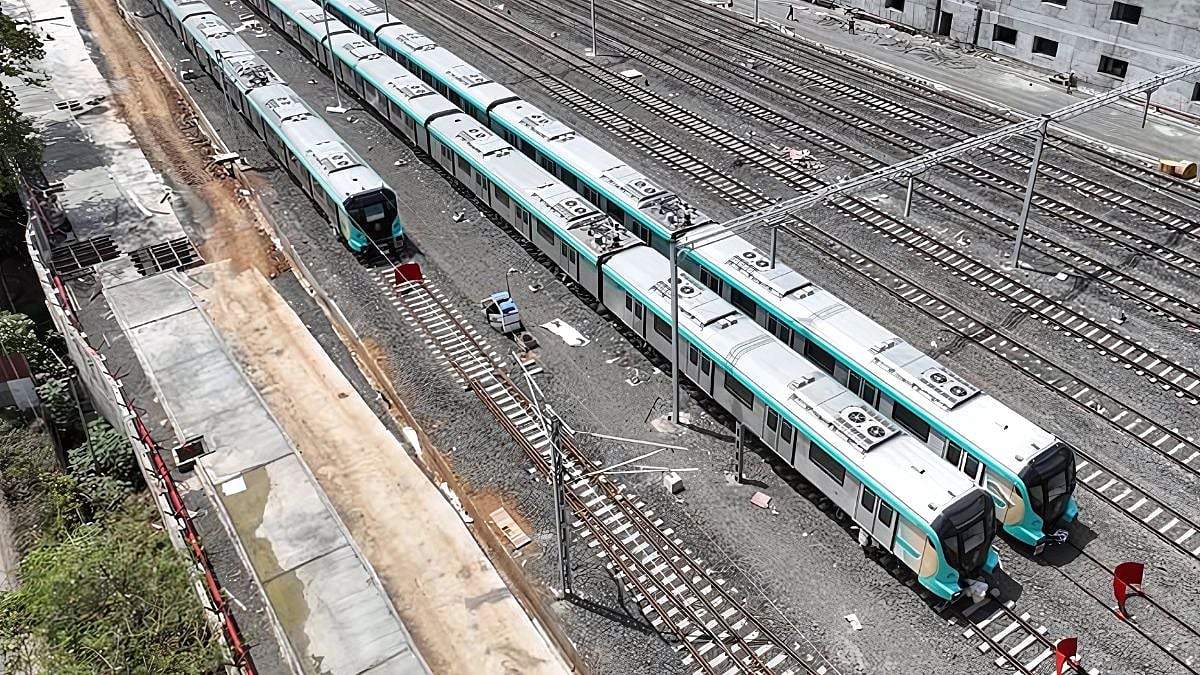On connectivity of mobile network on Mumbai Metro 3 underground a statement has been issued by COAI. IT reads, “Telecom Service Providers are always willing to provide connectivity through IBS. However, in the instant case, Mumbai Metro has created a monopoly on providing connectivity exclusively through a third party vendor, and is now trying to extract monopolistic and extortionate rents for providing the mobile network.”
The statement further reads, As per the new Telecommunication Act and RoW Rules therein, a public authority cannot deny providing Right of Way to TSPs in a public place – which is exactly what is being done by the Mumbai Metro.
In order to minimize disruptions, TSPs had offered a common network for facilitating mobile connectivity which has been ignored by the Mumbai Metro. One must note that deploying of such network(s) are a norm, even in important places like the PWD tunnel in Pragati Maidan or the Central Vista, wherein the TSPs are laying infrastructure without paying any cost to anyone (including any third party).
Mumbai Metro is quoting precedence for appointing a third party vendor and denying RoW to TSPs. It may be noted that wrong precedence does not make a legitimate one and the industry is separately addressing the issue of such monopolies being created, with a view to stop such extortionate practices.
TSPs are always willing to incur Capex for setting up network inside the Metro, despite any additional incremental revenue. However, paying extortionate rates to Mumbai Metro for such a network is not viable.
It should be noted that services were being offered on a trial basis by all TSPs, pending finalization of a formal agreement.
Furthermore, to support uninterrupted connectivity for Mumbai Metro commuters, TSPs had proposed providing mobile connectivity Free of Cost without any payment to either the third party vendor or Mumbai Metro, until commercial terms could be mutually agreed upon. This was communicated through a joint letter by TSPs dated 7th April 2025. However, this reasonable and consumer first proposal was ignored by the Mumbai Metro., as per Lt. Gen. Dr. S.P. Kochhar, Director General, COAI.
City’s first fully underground Metro corridor, Line 3, is facing disruptions in network connectivity due to a standoff with telecom service providers. The issue stems from the Mumbai Metro Rail Corporation Ltd’s (MMRCL) decision to implement a shared in-building solution model. Under this system, a single vendor installs and manages the telecom infrastructure across all stations, allowing multiple network operators to use the same setup.
In March 2024, ACES was selected as the neutral host through a bidding process and installed the necessary systems at all 16 operational stations. However, telecom operators have declined to join the shared network, citing that the proposed commercial terms are not viable. They instead offered to provide free services using their own equipment until a final agreement was reached; a proposal that MMRCL has rejected, according to sources.
As a result, most telecom services in Metro 3 stations have been suspended, leaving commuters unable to make calls, access mobile internet or complete UPI transactions. Currently, only Vodafone has resumed services, while MMRCL continues to discuss the issue with other providers.
To ease the inconvenience, MMRCL is temporarily offering free Wi-Fi at the concourse level to facilitate ticket bookings.
Metro Line 3, which initially operated between Aarey and the Bandra-Kurla Complex, recently extended service up to Acharya Atre Chowk in Worli. Full operations to Cuffe Parade are expected to begin by August, according to an announcement by Chief Minister Devendra Fadnavis.
